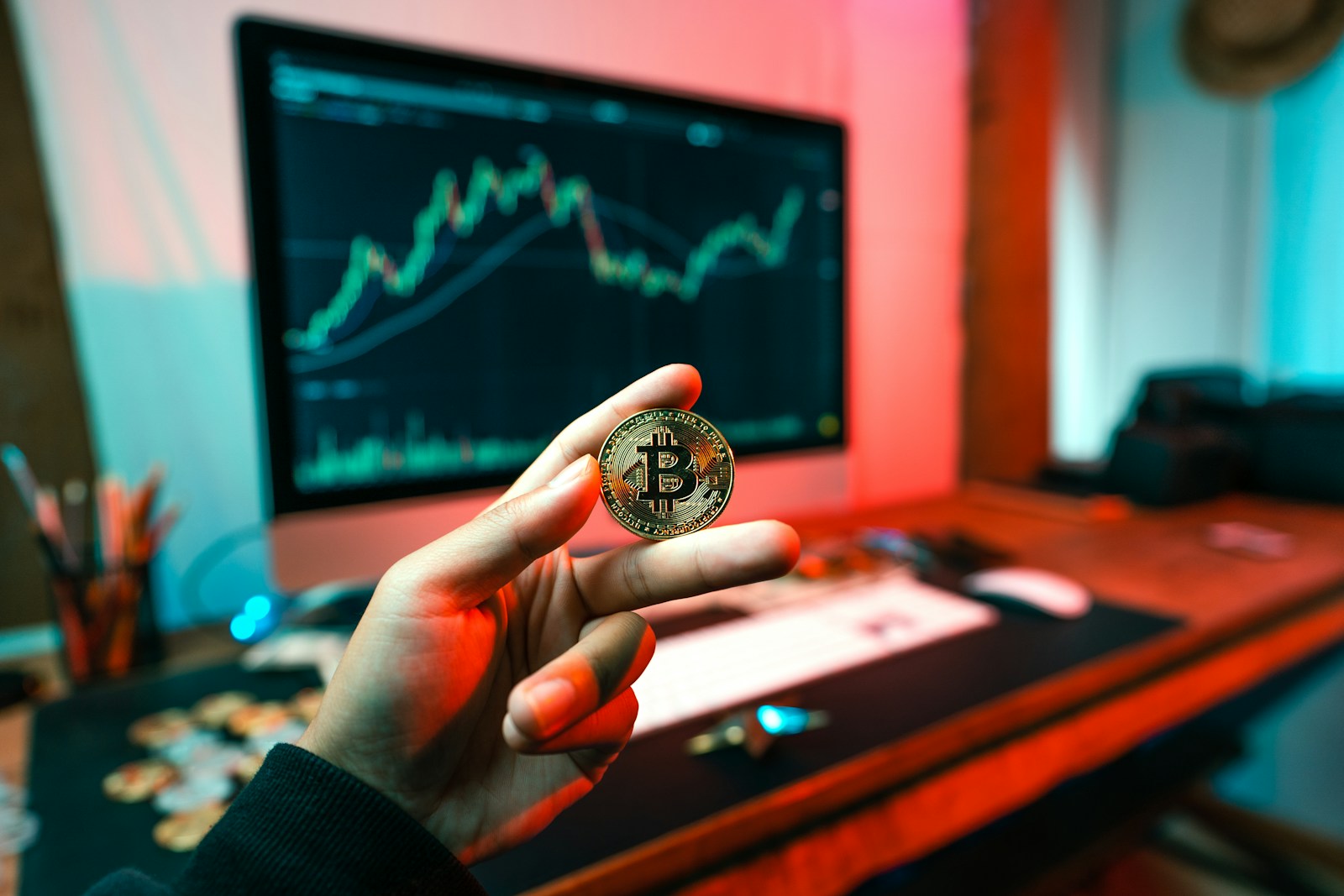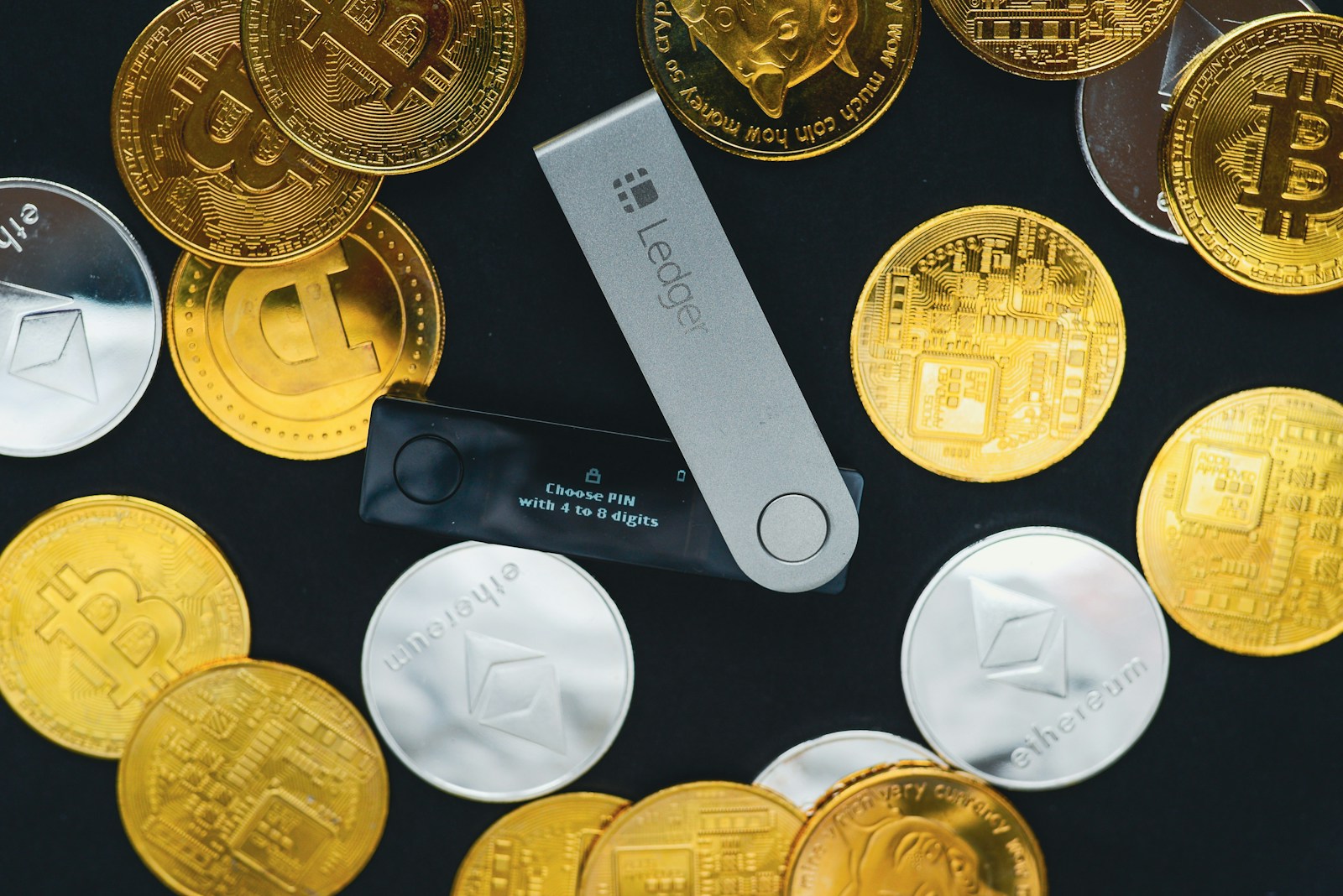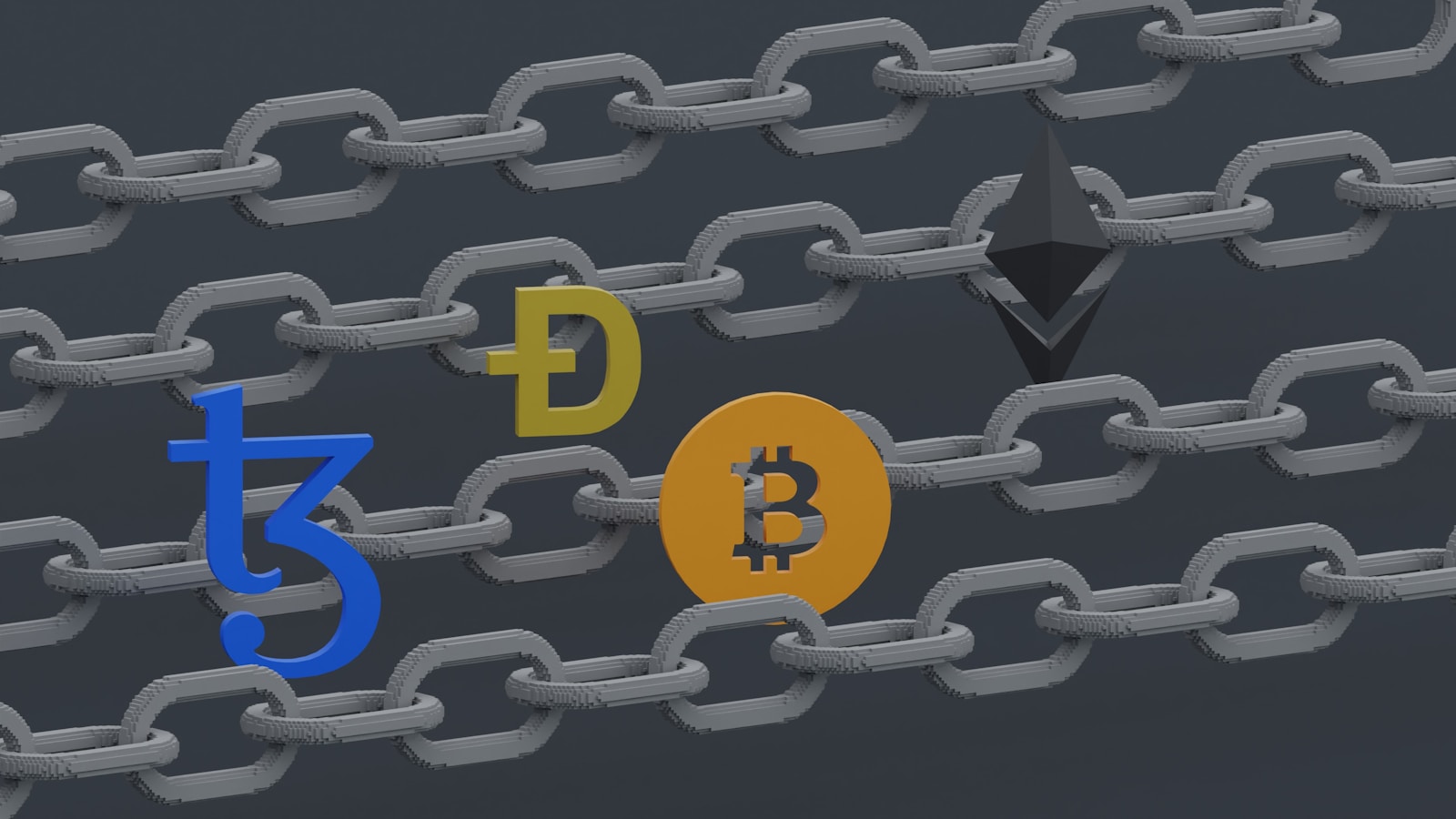
Stick to your strategy. Deviations triggered by fear or greed undermine consistent decision-making and increase losses. Studies reveal that over 70% of retail traders abandon their initial plans due to panic or FOMO, often entering positions at suboptimal moments. Maintaining discipline protects against impulsive moves driven by sudden market swings or hype cycles.
Mental resilience matters more than technical skill. Even the most sophisticated algorithms fail when human traders override signals with emotional reactions. For example, during the 2022 market downturn, many experienced investors liquidated assets prematurely under pressure, despite data indicating potential rebounds. Cultivating a mindset that separates analysis from feelings reduces costly errors rooted in anxiety or euphoria.
Greed inflates risk-taking beyond rational limits. The desire for outsized gains tempts traders to leverage positions excessively or chase volatile pumps without adequate safeguards. This behavior frequently results in margin calls and wipeouts. Incorporating risk management rules–such as fixed stop-loss orders and position sizing aligned with portfolio volatility–helps counteract these impulses effectively.
How does FOMO distort judgment? The fear of missing out compels entry into crowded trades late in their cycles, diminishing profit potential and increasing downside exposure. Real-world case studies show that impulsive buys during parabolic rallies yield average returns far below those planned through methodical entry timing. Recognizing this bias enables better control over timing decisions and reinforces patience.
Integrating psychological awareness into your routine enhances outcomes. Regular self-assessment of emotional states combined with journaling trade rationales builds accountability and sharpens mental clarity. Traders who adopt such practices report a 30-50% improvement in consistency over six months compared to those relying solely on chart patterns or news flow. Ultimately, mastering the interplay between cognition and sentiment distinguishes profitable execution from reckless speculation.
Crypto psychology: why emotions ruin trading [Crypto Fundamentals basics]
Maintaining strict discipline is the cornerstone of successful digital asset operations. Emotional impulses such as fear of missing out (FOMO) and greed frequently disrupt well-devised plans, leading to impulsive decisions that undermine profitability. For example, during the 2021 bull run, many traders entered positions near all-time highs driven by FOMO, only to face steep corrections exceeding 50%, highlighting how emotional bias can overwhelm rational strategy.
The human mind tends to process gains and losses asymmetrically; losses often trigger stronger psychological reactions than equivalent profits, causing irrational behavior. This mental distortion distorts risk assessment and encourages overtrading or premature liquidation. Data from behavioral finance studies indicate that approximately 70% of retail market participants fail due to inadequate control over such cognitive biases.
The impact of emotional states on strategic execution
Trading performance deteriorates when emotional responses override analytical processes. A rigid adherence to predefined entry and exit points prevents deviations caused by panic or exuberance. For instance, algorithmic trading systems outperform manual approaches precisely because they eliminate subjective judgment influenced by sentiment fluctuations.
Greed, one of the strongest emotional drivers in speculative markets, often leads to excessive position sizes beyond calculated risk parameters. This behavior increases portfolio volatility and magnifies drawdowns. Recent quantitative analyses reveal that traders who adjust leverage dynamically based on objective signals rather than emotional impulses achieve a Sharpe ratio improvement of up to 30% compared with those driven by greed or fear.
An effective approach involves integrating psychological awareness into strategy design, including mechanisms for forced pauses after consecutive losses or gains to recalibrate mental state. Professional investors employ tools like journaling trades and post-mortem reviews to identify patterns where emotions compromised decision-making quality.
The interplay between market volatility and individual temperament demands continuous self-assessment and refinement of mental frameworks supporting operational discipline. Recognizing triggers for impulsive reactions–such as rapid price spikes or media hype–and implementing automated safeguards can mitigate adverse effects on capital preservation and long-term growth trajectories.
Identifying Emotional Trading Triggers
Recognizing the impact of fear and greed on decision-making is fundamental to maintaining a disciplined approach. For instance, the fear of missing out (FOMO) often causes traders to enter positions impulsively, disregarding their predefined entry criteria. Data from Binance in Q1 2024 shows that approximately 42% of novice traders admitted to entering trades primarily due to FOMO signals, which frequently led to suboptimal outcomes.
A clear strategy helps mitigate such impulses by setting strict rules for entry and exit points. Maintaining mental discipline involves consistently reviewing trading journals to identify patterns where emotional responses override logic. Case studies reveal that traders who fail to adjust for emotional triggers tend to hold losing positions 30% longer than those who adhere strictly to their plan, increasing exposure to adverse market moves.
Common Psychological Triggers in Market Behavior
Fear manifests during sharp downturns when panic selling accelerates losses beyond technical sell signals. Conversely, greed surfaces in prolonged rallies causing overleveraging and disregard for risk limits. The 2017 Bitcoin bull run exemplified this dynamic; many retail participants increased leverage above 5x, driven by greed-induced optimism, resulting in substantial liquidations during the subsequent correction.
FOMO, a potent trigger linked closely with herd behavior, frequently emerges around hype cycles or news events. Technical analysis confirms spikes in volume accompanying sudden price surges often driven by inexperienced traders chasing momentum rather than fundamentals or indicators like RSI and MACD divergence.
The role of discipline becomes apparent when examining professional algorithms versus human traders under stress. Automated systems execute orders based on pre-programmed signals devoid of psychological bias, illustrating how mental resilience can be replaced or supplemented by systematic strategies designed to circumvent emotional pitfalls.
To counteract these triggers effectively, market participants should implement structured risk management techniques such as fixed stop-loss levels and position sizing calibrated against volatility measures like ATR (Average True Range). Incorporating routine self-assessment fosters awareness of internal biases, enabling timely adjustments before emotions dictate critical decisions.
Managing Fear and Greed Impacts
Controlling fear and mitigating the effects of FOMO are fundamental for sustaining a robust strategy in volatile markets. Empirical data from multiple trading platforms indicates that impulsive decisions driven by panic or greed often lead to losses exceeding 15-20% during high volatility periods. Establishing predefined entry and exit points based on quantitative analysis reduces psychological bias and helps maintain objectivity. For instance, traders employing algorithmic stop-loss orders tend to limit emotional interference, preserving capital when rapid market downturns occur.
The mental component of asset management cannot be overstated; discipline functions as a safeguard against irrational impulses triggered by sudden price movements. Studies show that traders with consistent routines–such as journaling trades and reviewing performance metrics weekly–exhibit higher retention rates and profitability over time. This approach counters common pitfalls like chasing rallies or capitulating prematurely due to fear-driven sell-offs, which frequently arise during market corrections exceeding 10%.
Integrating Psychological Resilience into Trading Methodologies
A disciplined framework incorporates psychological resilience through structured decision-making processes, effectively separating analytical judgment from instinctual reactions. Advanced traders employ techniques such as cognitive reframing and mindfulness exercises to recalibrate their response to stressors like FOMO-induced market entries. Case studies from hedge funds managing digital asset portfolios reveal improved risk-adjusted returns when teams undergo regular training on behavioral biases, underscoring the tangible benefits of mental preparedness.
The interplay between emotional regulation and technical execution manifests clearly during rapid trend reversals. For example, the May 2023 crash demonstrated how unchecked greed led some participants to hold positions beyond rational thresholds, amplifying drawdowns by up to 35%. Conversely, those adhering strictly to predetermined signals avoided severe losses and capitalized on subsequent rebounds. Incorporating psychological metrics alongside traditional indicators such as Relative Strength Index (RSI) or Moving Average Convergence Divergence (MACD) can enhance timing precision by flagging potential emotion-driven overextensions before they materialize in price action.
Implementing Discipline in Trades: A Technical Perspective
Discipline anchors any robust strategy, particularly in volatile markets where fear and FOMO frequently distort judgment. Traders who systematically adhere to predefined entry and exit points reduce the impact of impulsive decisions driven by transient mental states. For instance, algorithmic backtesting across diverse market cycles shows disciplined adherence to stop-loss orders improves portfolio stability by up to 18% compared to discretionary adjustments influenced by emotional bias.
Mental resilience underpins sustainable performance; without it, psychological pitfalls such as overtrading or revenge trading emerge. Integrating behavioral checkpoints within trading plans–such as mandatory cooldown periods after losses–can mitigate these risks effectively. Evidence from recent high-frequency trading firms highlights a 12% drop in drawdown durations when emotion-regulating protocols are enforced, underscoring the tangible benefits of psychological frameworks embedded in operational routines.
Broader Implications and Future Directions
The intersection of cognitive discipline and quantitative models signals a shift toward hybrid methodologies that combine human oversight with AI-driven analytics. As machine learning algorithms evolve to detect subtle shifts in trader sentiment via biometric feedback or linguistic analysis, future systems may proactively flag deviations from strategic norms before costly errors occur.
- Risk Management Enhancement: Real-time adjustment of position sizing based on stress indicators could become standard practice.
- Behavioral Data Integration: Incorporating psychometric data into predictive models may refine entry timing beyond traditional technical indicators.
- Adaptive Strategy Frameworks: Trading algorithms will likely evolve to incorporate dynamic thresholds sensitive to collective emotional states within the market.
Current market turbulence exemplifies how unchecked impulses exacerbate volatility spikes; therefore, embedding discipline through technologically augmented strategies presents a compelling path forward. The challenge lies not only in crafting rigorous rules but also in ensuring consistent mental execution–a synergy between strategy design and trader cognition that defines next-generation risk mitigation paradigms.







